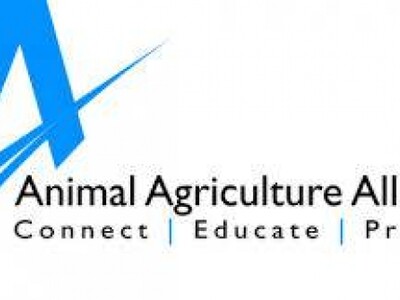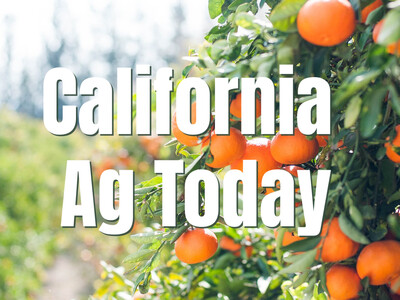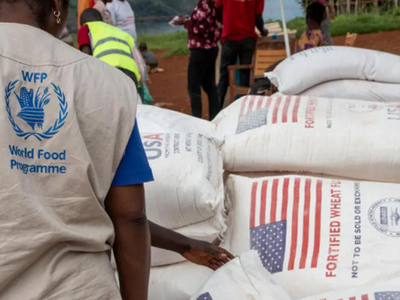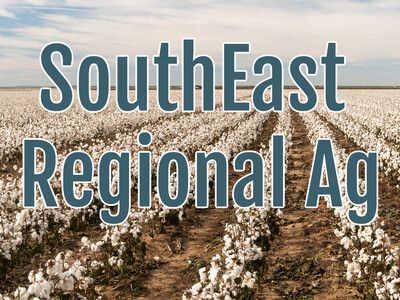State Air Quality Standards & Dispelling Livestock Production Myths
State Air Quality Standards & Dispelling Livestock Production Myths
I’m Lacy Gray with Washington Ag Today.
The Washington Department of Ecology is seeking public comment on proposed changes to state air quality standards for specific pollutants so they align with federal standards, along with comments about incorporating the updated standards in Washington’s federally required State Implementation Plan, which details how the state protects and maintains air quality. The public comment period runs through September 19th. For more information visit Ecology’s website.
Jude Capper, Sustainability Consultant and Adjunct Professor of Animal Sciences at WSU, has spoke on numerous occasions about popular myths surrounding beef and livestock production, such as “beef is full of hormones and antibiotics”.
CAPPER: What the consumer often doesn’t understand is that any meat or dairy in the retail case has been tested for antibiotics. If it’s meat it’s tested by the FDA, if it’s dairy it’s tested seven times between the farm and the grocery stores. So our food doesn’t contain antibiotics, but there’s that fear factor.
How about grass fed versus corn fed beef in terms of being better for you?
CAPPER: Grass fed beef does have high levels of omega 3 fatty acids and those have some really positive health benefits, but the concentrations in any kind of beef are much less than in fish. So if you’re concerned about omega 3’s fish is a much better source.
Capper explains her main objective in publicly debunking myths relating to beef production.
CAPPER: My main aim is to give farmers and ranchers the tools and the facts and the figures so that when they’re asked about the myths with beef - to say actually, this is why as an industry we’re doing a good job - these are the facts and this is how I can help you understand the product better. We’ve gotta show that we care.
I’m Lacy Gray and that’s Washington Ag Today on the Ag Information Network.

















